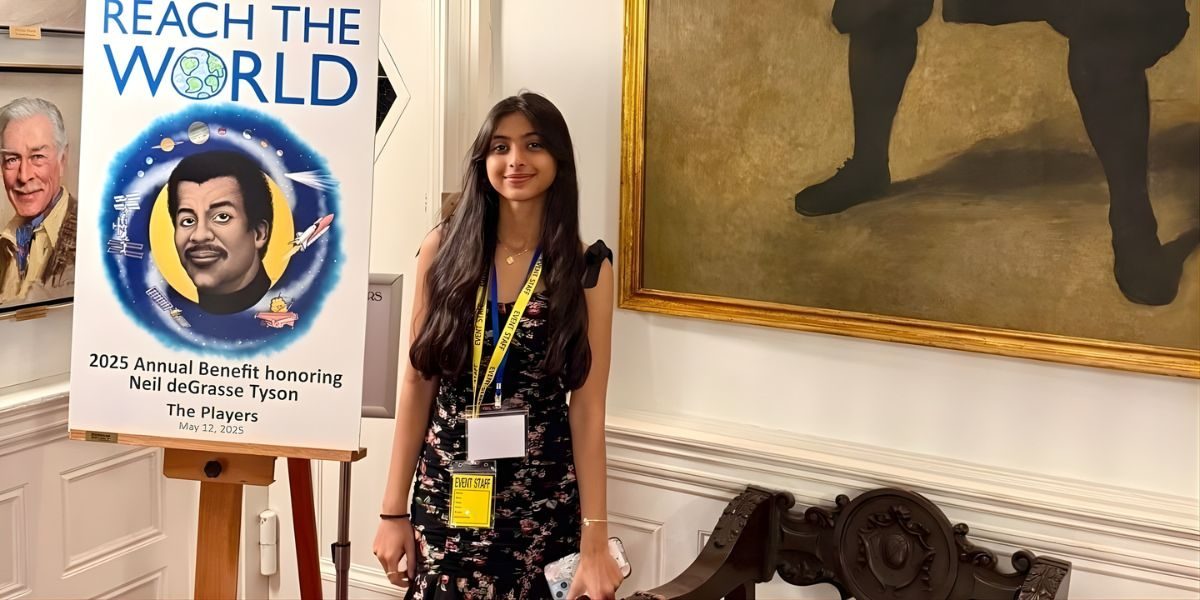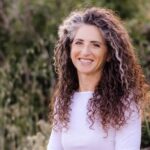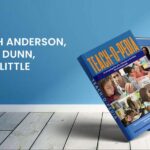By: Elena Mart
The first story Aayushi Saxena ever recorded for her research came from a street vendor in New York City. He sold cold drinks from a small cart, standing for hours on the asphalt, describing how the heat felt “like breathing through plastic.” That conversation, she says, changed how she understood climate change—not as distant data points, but as something that burns through ordinary lives.
At seventeen, Aayushi leads a project that captures those stories and turns them into solutions. Her website, ExtremeHeatImpact.org, hosts an interactive map where visitors can click on different regions to see how heat affects doctors, construction workers, and the elderly. Some videos are from her own interviews; others come from secondary research she curated to build a mosaic of lived experiences.
“I wanted people to hear the voices that don’t make it into climate reports,” she told me. “A driver or a nurse might notice warning signs long before a policymaker does.” Many of the stories came slowly. “Some people didn’t want to talk at first,” she said. “But once you explained why you were listening, they opened up.” She chose Robbinsville and New York City as her two focus areas because they offered contrast: one a quiet township, the other a dense urban hub. What connected them were the invisible fault lines—who had shade, who had time off, who could afford an AC.
With support from the Hutchins Center for Civics, Aayushi compared data from Robbinsville, New Jersey, and New York City. What she found was both obvious and unsettling: those with fewer resources faced greater risks, yet had the least access to adaptation tools. Her fieldwork went beyond recording hardship; she plans to build statistical models to visualize where interventions could save the most lives.
She shared her findings with local emergency-management officials and healthcare partners, recommending community cooling centers and adaptive work schedules for outdoor laborers. “It’s about dignity as much as safety,” she said. “People should not have to choose between earning a living and staying alive in the heat.”
Aayushi’s curiosity soon reached beyond climate into healthcare and law. “Once you start asking why certain people are left behind, you realize the same structural issues appear everywhere,” she explained. Through the William Bouton Welles Grant, she applied artificial-intelligence models to predict outcomes for patients with ulcerative colitis, collaborating with a Carnegie Mellon professor. The experience sharpened her sense of how data can diagnose not just disease, but inequity itself.
That realization inspired her latest concept, Legiform.org, which reimagines how legal clinics could use AI to manage cases more efficiently. The platform’s introduction reads like a manifesto: legal clinics are lifelines for marginalized communities but often lack the time and staff to meet growing demand. Legiform aims to explore how technology could help close that gap.
Legiform, still in its early stages, aims to offer a searchable legal knowledge base, intake triage tools, and policy briefs generated from case data trends. The vision is not to replace human lawyers, but to support them—especially in settings where a single staff member handles dozens of urgent requests each day.
For Aayushi, both projects are part of one mission—helping systems care for people more effectively. “The science and empathy belong together,” she said.
The balance of empathy and intellect is what mentors highlight most. As Co-President of Raising Awareness for Disabilities (RAD), Aayushi has organized inclusive events with the Down Syndrome Association of New Jersey, bringing her school community into sustained contact with children and families navigating disability. That same spirit guides her work as a Youth Ambassador with Reach the World, where she is building a pipeline of volunteers by partnering with her school’s Harkness travel program to connect classrooms with real stories from around the world. Earlier this year, she also served on Reach the World’s benefit committee, helping plan a fundraiser that brought in $260,000 for classroom outreach. The experience affirmed for her that advocacy is not only about data; it is also about creating moments that change how people see one another.
“I used to think impact meant publishing results,” she admitted. “Now I see it’s also about conversation—how ideas move from one person to another.” Aayushi plans to study data science and policy, hoping to launch ventures that make essential services—like healthcare and legal aid—accessible through affordable technology. She often cites her field interviews as her motivation: “Once you’ve seen how fragile people’s safety nets are, you can’t ignore it.”
Her global perspective has also been shaped by work with Reach the World, where she helps connect classrooms with travelers and educators. “It reminds me that stories can move faster than systems,” she said. “And sometimes, that’s how change begins.”
Her story is not just about precocious achievement, but perspective. While many young innovators focus on apps or competitions, Aayushi spends her time connecting systems that rarely speak to one another: emergency management, healthcare, and law. The result is a worldview grounded in both compassion and complexity.
When asked what success would look like a decade from now, she paused. “If a nurse, a lawyer, and a street vendor can each say the system works a little better for them—that would be enough.” In that quiet ambition lies the heart of her work: a belief that technology can serve not only efficiency but empathy, and that resilience begins with listening.

















